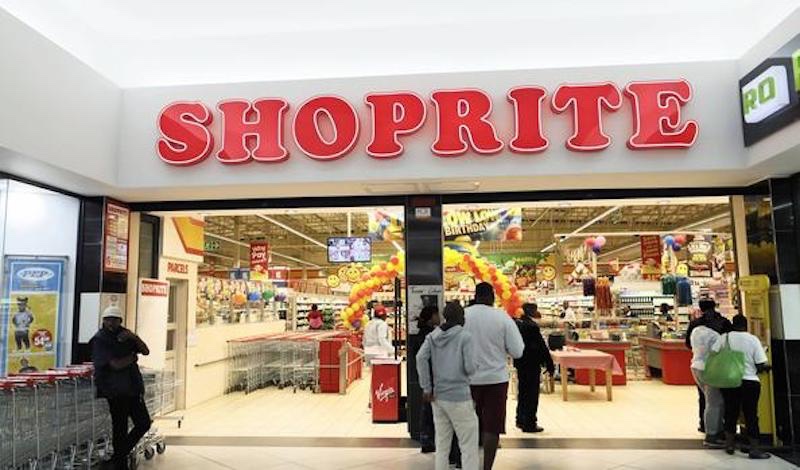
Shoprite Shuts Down in Ibadan and Ilorin as Nigeria’s Retail Giant Falters Under Economic Strain

The once-bustling aisles of Shoprite Nigeria, long seen as the heartbeat of modern retail in the country, are now shadows of themselves. Shelves in Lagos and Abuja sit hauntingly empty, while stores in Ibadan and Ilorin have been shuttered entirely, signaling what many analysts call the slow collapse of Nigeria’s most ambitious foreign retail experiment.
The closures are not isolated incidents but symptoms of a much deeper malaise. Supply chain failures have crippled the supermarket giant, a problem with roots stretching back years. In 2019, anti-South African riots left Shoprite stores vandalized and badly damaged, disrupting distribution networks in ways from which the brand never fully recovered.
As recently as June 23, 2025, reports from supplychainnuggets.com revealed that those early shocks compounded ongoing logistical breakdowns, forcing the company to spend more time plugging leaks than charting a growth strategy.
But today’s crisis is far more severe. The volatile naira, which has whipsawed violently against the dollar, coupled with soaring import costs, has left Shoprite unable to stock its shelves with the variety that once drew Nigerian families through its doors.
According to newsmakerslive.org on September 14, 2025, crippling power outages, congested ports, and inconsistent import policies have only deepened the cracks, driving frustrated consumers back to local open markets and smaller vendors who, despite limited variety, offer consistency.
For many Nigerians, Shoprite once symbolized a taste of global retail sophistication — wide aisles, air-conditioned comfort, and the promise of reliable stock. But that vision faltered in the face of Nigeria’s unique market realities, where infrastructure is unreliable, trade policies swing unpredictably, and operating costs soar without warning. Analysts argue that Shoprite’s failure to adapt — its insistence on clinging to international models rather than tailoring operations to Nigeria’s harsh landscape — turned what could have been a retail empire into a bleeding liability.
Industry insiders now confirm that Shoprite had been sustaining heavy losses for years, only officially impairing its stores after unprofitability became impossible to disguise. By then, consumer loyalty had eroded, replaced with skepticism and a return to traditional markets that never stopped functioning despite the country’s crises.
The demise of Shoprite’s Nigerian operations is more than the story of one company’s downfall. It is a mirror of Nigeria’s economic fragility — where multinational ambition collides with harsh realities of inflation, policy inconsistency, and underdeveloped infrastructure.
For shoppers in Ibadan and Ilorin, the locked gates of Shoprite are not just about lost convenience; they are a reminder of how quickly even the biggest names can fall when they fail to understand the ground they stand on.


